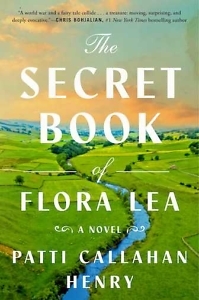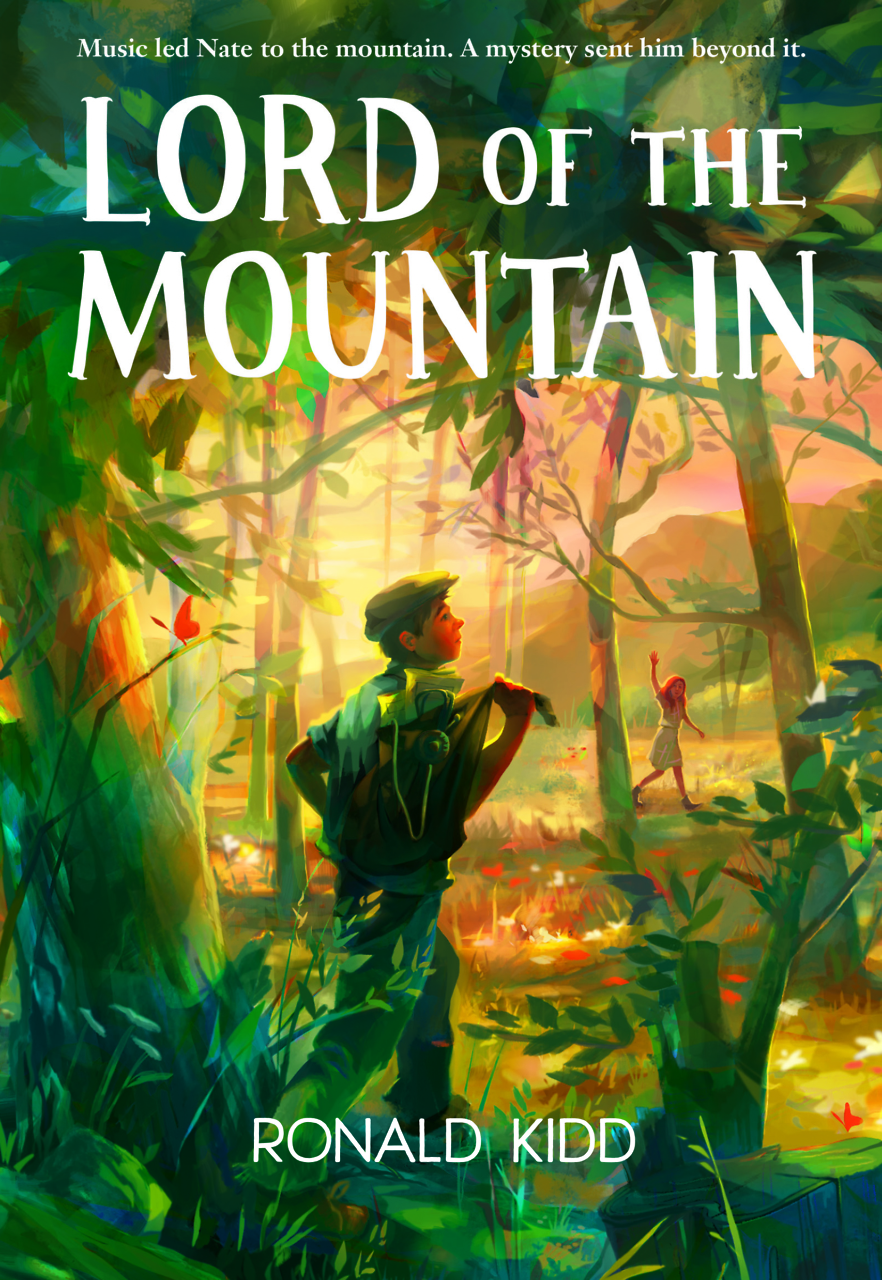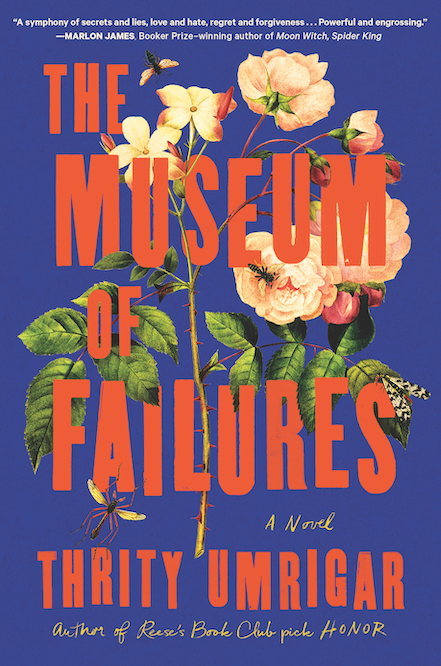A River’s Tale
Patti Callahan Henry tells a story of two sisters and the power of fairy tales
FROM THE CHAPTER 16 ARCHIVE: This review originally appeared on May 3, 2023. The post has been updated with new publication details.
***
In October 1940, in Binsey, Oxfordshire, 6-year-old Flora sits alone on a red blanket by the river, hugging her teddy bear Berry; this is the last place she is seen alive.

Patti Callahan Henry’s new novel, The Secret Book of Flora Lea, is the story of a generation-spanning search for a lost girl and a parallel tale of discovery. The narrative is delivered in chapters alternating between 1939-1940, when two young girls named Hazel and Flora are relocated as part of Britain’s Operation Pied Piper evacuation program, and 1960, when Hazel, now working in a rare book shop, is still searching for any trace of her missing sister Flora.
The story opens with a glimpse into Flora’s mysterious disappearance, but just before that, we get an epigraph of sorts, a few lines of the opening of Hazel’s personal fairy tale, a story of an imaginary place called Whisperwood that she and Flora share. Whisperwood is a shimmering door, a hidden entrance in our world that leads to a land where Hazel and Flora can become whatever they want, be it owls or rabbits or lions or anything else they can imagine. Whisperwood is their secret refuge, a hidden escape just for the two of them that no one else knows about. To get there, someone must recite the opening lines:
Not very long ago and not very far away, there once was and still is an invisible place right here with us. And if you are born knowing, you will find your way through the woodlands to the shimmering doors that lead to the land made just exactly for you.
In March 1960, Hazel arrives at her job at Hogan’s Rare Book Shoppe in Bloomsbury. Just like any other day, she passes the time unboxing, sorting, and logging the new arrivals into the store’s rare books collection. On this day, however, Hazel comes across an image she recognizes: original hand-painted illustrations to accompany the new release of a book of fairy tales by American author Peggy Andrews. The first illustration depicts two girls, hand in hand, running beside a glistening river with a castle in the background. The title of the piece is “Whisperwood and the River of Stars.”
 The illustration sends Hazel reeling and ignites a chain of events that renews the search for Flora, a search Hazel never really abandoned. The sisters were the only ones who ever knew about Whisperwood. Or so Hazel thought. She’d been careful to keep their story secret, shushing Flora any time she tried to talk about Whisperwood around others. Could this book’s American author in fact be her lost sister, reaching out to her after all these years in the only way she knows how?
The illustration sends Hazel reeling and ignites a chain of events that renews the search for Flora, a search Hazel never really abandoned. The sisters were the only ones who ever knew about Whisperwood. Or so Hazel thought. She’d been careful to keep their story secret, shushing Flora any time she tried to talk about Whisperwood around others. Could this book’s American author in fact be her lost sister, reaching out to her after all these years in the only way she knows how?
Henry weaves the past and present as we experience the unfolding of Hazel’s search for adult Flora and gradually learn the truth of what happened that fateful day by the river in 1940. Along the way, we meet a cast of colorful and inspiring characters, from Bridie and Harry, the mother and son in Oxford who take in young Hazel and Flora during the war, to Peggy Andrews, her mother, and her neighbor Wren.
The thread that connects all of these characters is a powerful story about a shimmering door that can sweep a person away whenever they need it. During the turbulent time of WWII in 1940, many people needed the power of a land like Whisperwood. Twenty years later in 1960, this metaphorical door sends Hazel outside of Britain and Peggy outside of her home in Cape Cod, Massachusetts, in search of answers to Flora’s disappearance and the exact trail of the tale of Whisperwood. With the words, “I see a shimmering door,” the reader is off on a journey to experience the power of a land born from a child’s imagination.

Abby N. Lewis is an adjunct English instructor at ETSU. She is the author of the poetry collection Reticent, the chapbook This Fluid Journey, and the forthcoming chapbook Palm Up, Fingers Curled from Plan B Press.


